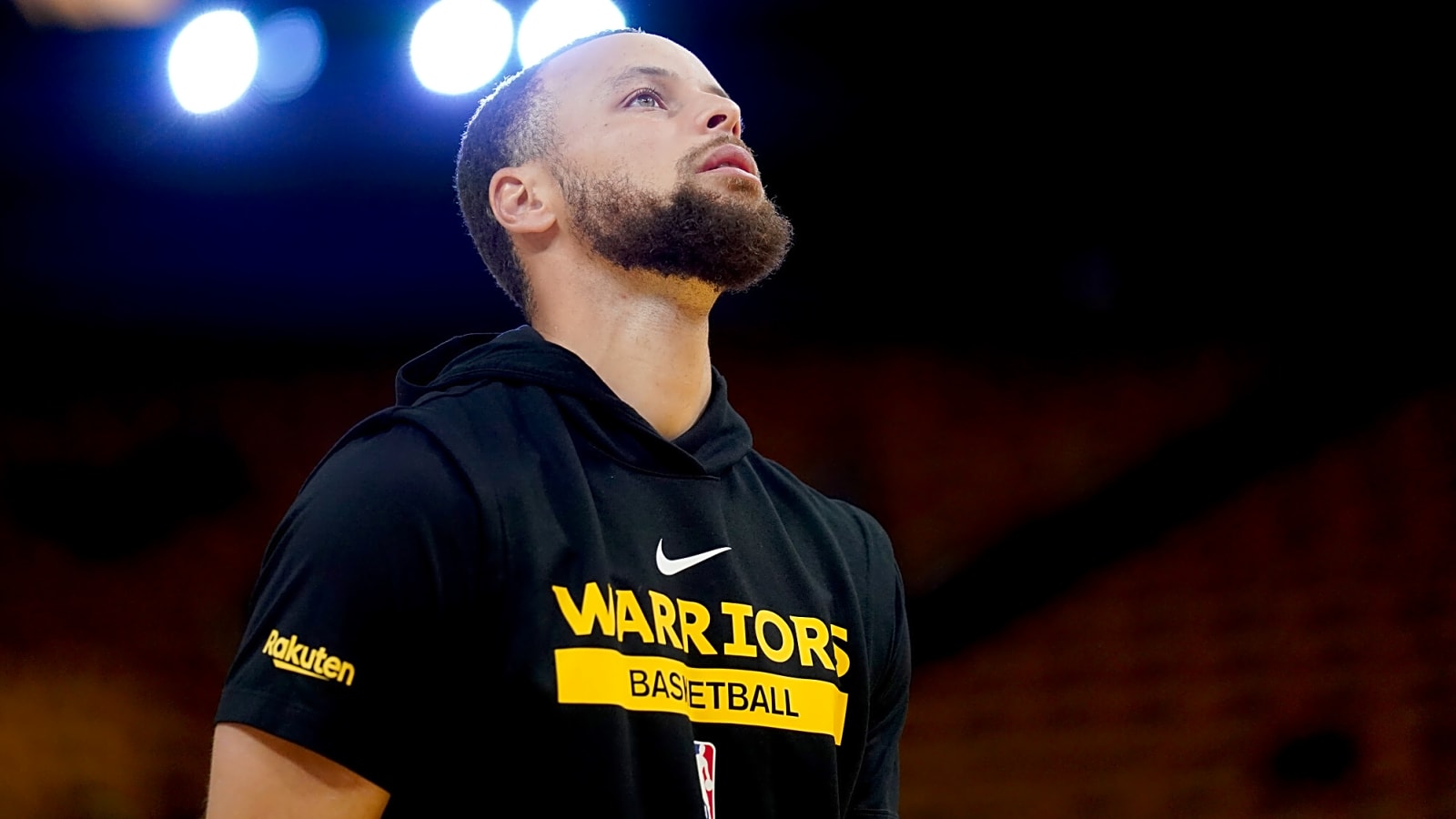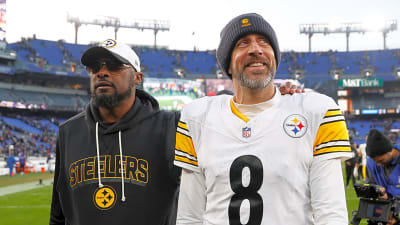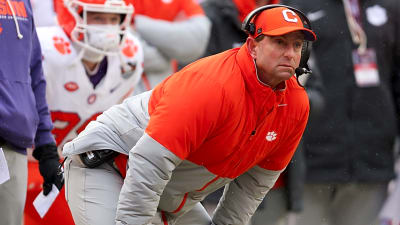
Why Stephen Curry's impostor-syndrome admission is important
The NBA is full of elite athletes. Whenever we tune into a game, we witness players pulling off feats that make them look superhuman, whether it be a thunderous dunk, some ball-handling wizardry or a jaw-dropping shot from deep.
Stephen Curry is no stranger to those mind-boggling moments. He's been toeing the line between human and superhuman for over a decade. He will go down in history for his accuracy and the longevity he's shown as arguably the best shooter in the world.
When we talk about Curry, or any other NBA star, for that matter, we speak in a dissociative manner. We put them on a pedestal, acting like they're living lives completely removed from our own. However, the reality is that they're still human. They deal with emotions, ups and downs, family problems and even self-doubt.
During a recent interview with Alex Sherman of CNBC, Curry revealed that, even now, at the tail end of a Hall of Fame career, he still has bouts of impostor syndrome.
"I'm human like everybody. You have doubts about yourself and impostor syndrome at times," Curry admitted. "At times, yeah. It's an idea of are you doing everything you can to take care of the people that are relying on you? Are you fulfilling your full potential in all different areas that I've set out to do, like those are daily commitments and daily thoughts that you kind of have to weave through."
It's easy to look at an NBA player and see the nice cars and huge contracts, quickly dismissing the notion that their lives can have any hurdles. We immediately tell ourselves that these stars are living the dream, and everything is perfect.
That's why it's important for players to speak out on their journeys. It is not just about what it took to get into the league or even what it takes to stay there, but also about the emotional impact that the NBA schedule can have on the psyche and on a player's family or support network.
Basketball and sports in general become far easier to appreciate when you remove the self-imposed barrier between yourself and those on the court or field. The moment you begin to appreciate the human aspect of the sport and the associated lifestyle is the moment you can truly experience a player's greatness and the history that comes with it.
Hearing Curry speak on his struggles is enlightening. It humanizes him and shows us that we're not alone in dealing with problems, mental, physical or otherwise. Athletes are supposed to be role models, and not just for children.
So, next time you see LeBron James rattle the rim, Kyrie Irving put someone in a blender or Curry knock down a physics-defying shot, remember, once the final buzzer goes, they're human like you. And that means we have more in common outside of the basketball court than we realize.
More must-reads:
- The Warriors' biggest offseason need is clear
- New details emerge on Jonathan Kuminga's future with Warriors
- The 'NBA active leaders in made field goals' quiz
Breaking News
Trending News
Customize Your Newsletter
 +
+
Get the latest news and rumors, customized to your favorite sports and teams. Emailed daily. Always free!








